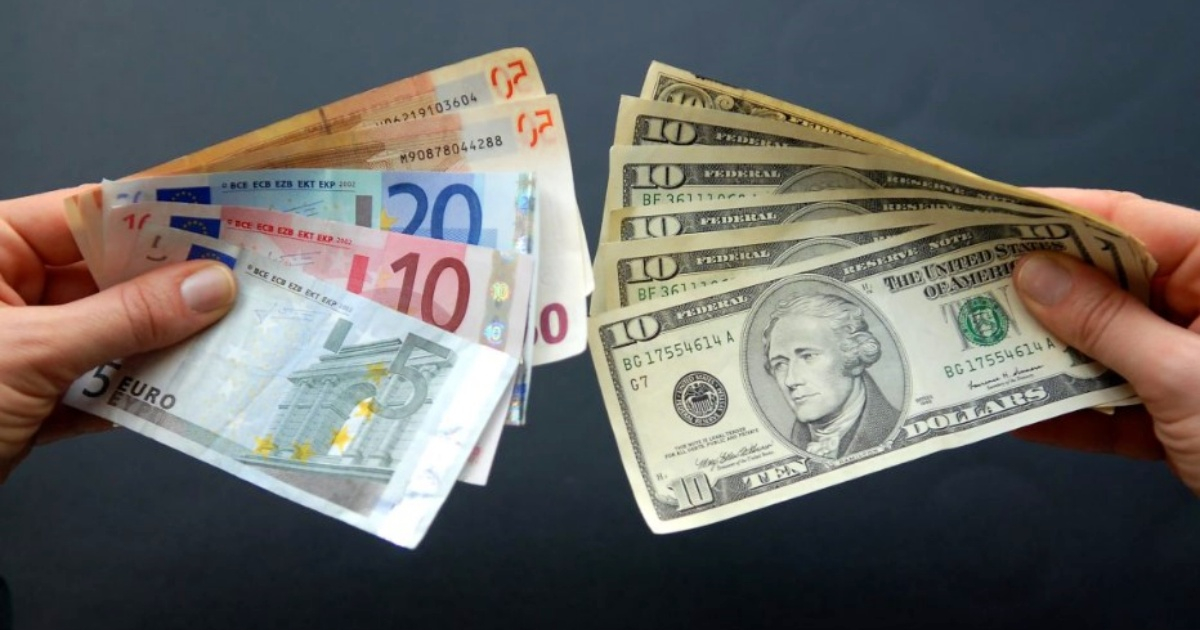On July 16, the average selling price of currencies in Cuba's informal market saw a moderate decline for three major currencies. As of 7:00 a.m. (local time) on Tuesday, the U.S. dollar was valued at 314 CUP, six pesos less than the previous day.
The euro also experienced a drop, reaching 325 pesos, five pesos lower than the day before. Similarly, the Freely Convertible Currency (MLC) fell to an average of 280 pesos.
Current Exchange Rates as of 07/16/2024 - 13:20 a.m. in Cuba:
Exchange rate of USD to CUP according to elTOQUE: 314 CUP.
Exchange rate of EUR to CUP according to elTOQUE: 325 CUP.
Exchange rate of MLC to CUP according to elTOQUE: 280 CUP.
The informal exchange rates provided here are not officially recognized or backed by any financial or governmental entity.
Government Attempts to "Correct Distortions"
For months, the Cuban government has remained silent on the price fluctuations of currencies in the informal market. Instead, they have occasionally attacked the independent media outlet elTOQUE for reporting on currency movements.
Recently, the regime has focused on "correcting" what it describes as "distortions" in the non-state sector. The Council of Ministers recently approved six decrees updating regulations for Micro, Small, and Medium Enterprises (MSMEs), self-employed workers, and private sector companies in Cuba.
Last week, the government imposed price caps on six high-demand basic products through a resolution published in the Official Gazette. Resolution 225/2024 from the Ministry of Finance and Prices sets the capped products as follows: chopped chicken (680 pesos per kg); edible oils except olive oil (990 pesos per liter); powdered milk (1,675 pesos per kg); pasta (835 pesos per kg); sausages (1,045 pesos per kg); and powdered detergent (630 pesos per kg).
The regime presented the resolution as an effort to mitigate the impact of inflation on consumers, also eliminating customs duties on the importation of these products by the private sector. They stated that the price caps consider acquisition costs, commercialization, merchant profits, and sales tax. However, MSMEs and some economists have spoken out against the announcement.
The measure has faced criticism primarily from business owners and economists, who warn about the negative consequences of price caps and suggest that the market should regulate itself through supply and demand.
Understanding Cuba's Informal Currency Market and Government Measures
Here are some frequently asked questions and answers that provide more insight into the informal currency market in Cuba and recent government measures.
Why are informal exchange rates in Cuba not officially recognized?
Informal exchange rates operate outside the official financial system, making them unrecognized by government and financial entities.
What are the recent decrees approved by the Cuban government?
The Cuban government recently approved six decrees updating regulations for MSMEs, self-employed workers, and private sector companies.
What products are affected by the new price caps?
The new price caps affect six basic products: chopped chicken, edible oils except olive oil, powdered milk, pasta, sausages, and powdered detergent.
How has the private sector responded to the price caps?
The private sector, including MSMEs and economists, has criticized the price caps, warning about their negative consequences and suggesting market-based regulation.
